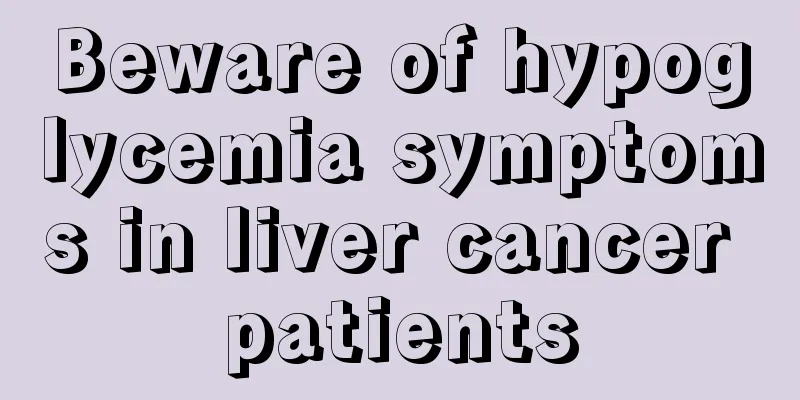What causes colorectal cancer

|
The occurrence of colorectal cancer is often related to genetic factors and dietary habits. Understanding these factors can help us take preventive measures. 1. Genetic factors: People with a family history of colorectal cancer have a relatively higher risk of the disease. In particular, familial adenomatous polyposis is a hereditary disease that increases the risk of colorectal cancer. For people with this history, it is recommended to undergo regular colonoscopy to detect and treat polyps early and reduce the possibility of cancer. 2. Dietary habits: A high-fat and low-fiber diet is considered to be an important cause of colorectal cancer. A high-fat diet may increase the secretion of bile acid in the intestine, and bile acid may be converted into carcinogens in the intestine. A low-fiber diet will slow down intestinal peristalsis and increase the contact time between carcinogens and the intestinal wall. It is recommended to consume more fruits, vegetables and whole grains to increase dietary fiber intake and promote intestinal health. 3. Lifestyle: Lack of exercise, smoking and excessive drinking are also considered risk factors for colorectal cancer. A sedentary lifestyle may lead to slower intestinal motility, while smoking and drinking may directly damage intestinal cells. Maintaining regular exercise habits, quitting smoking and limiting alcohol consumption can help reduce the risk of disease. 4. Age factor: The incidence of colorectal cancer increases with age, especially people over 50 years old should pay more attention to regular screening. Early screening can help detect precancerous lesions or early cancers in time and improve the cure rate. 5. Inflammatory bowel disease: People who have long-term inflammatory bowel disease (such as ulcerative colitis and Crohn's disease) also have an increased risk of colorectal cancer. Such patients should undergo regular colonoscopy under the guidance of a doctor. By understanding these risk factors, we can take some practical preventive measures. Regular screening is key, especially for those with a family history or other high-risk factors. Adjusting the diet structure, eating more fiber-rich foods, and maintaining a healthy lifestyle can help us stay away from the threat of colorectal cancer. Health is not just about the body, but also requires us to make smart choices in our daily lives. |
<<: How to detect lung cancer earlier
>>: Is nasopharyngitis nasopharyngeal cancer?
Recommend
Coccyx and inguinal groove sweating
Sweating in the buttock groove is often ignored b...
What are the benefits of soaking your feet in mugwort?
Soaking feet in mugwort leaves is a common method...
How to slim down thighs and buttocks
Yan was thin and Huan was fat. I don’t understand...
What toothpaste to use for bleeding gums?
For bleeding gums, there are some toothpastes on ...
What are the psychological care for patients with uterine cancer?
For cancer patients after surgery, we should not ...
What does breast cancer IIB mean
If breast cancer has such symptoms, it is actuall...
Which eyebrow tattoo has natural effect
I believe everyone has heard of eyebrow tattooing...
What is the treatment for herpes on the lips
The herpes virus is a very dangerous and malignan...
How to squeeze pimples without leaving scars
I believe that when many people see a pimple on t...
What is triglyceride
The professional term triglyceride may be unfamil...
The fastest food for moistening the intestines
The foods that moisturize the intestines the fast...
Where is the best place to see ovarian tumors
As a patient, the level of hospital experts is on...
What are the dangers of frequently picking your nose?
It is easy for some garbage to accumulate in the ...
How is dried tofu made?
Everyone must have eaten dried tofu in the past, ...
Can I wear a silver bracelet to sleep?
You can wear a silver bracelet while sleeping. Th...









